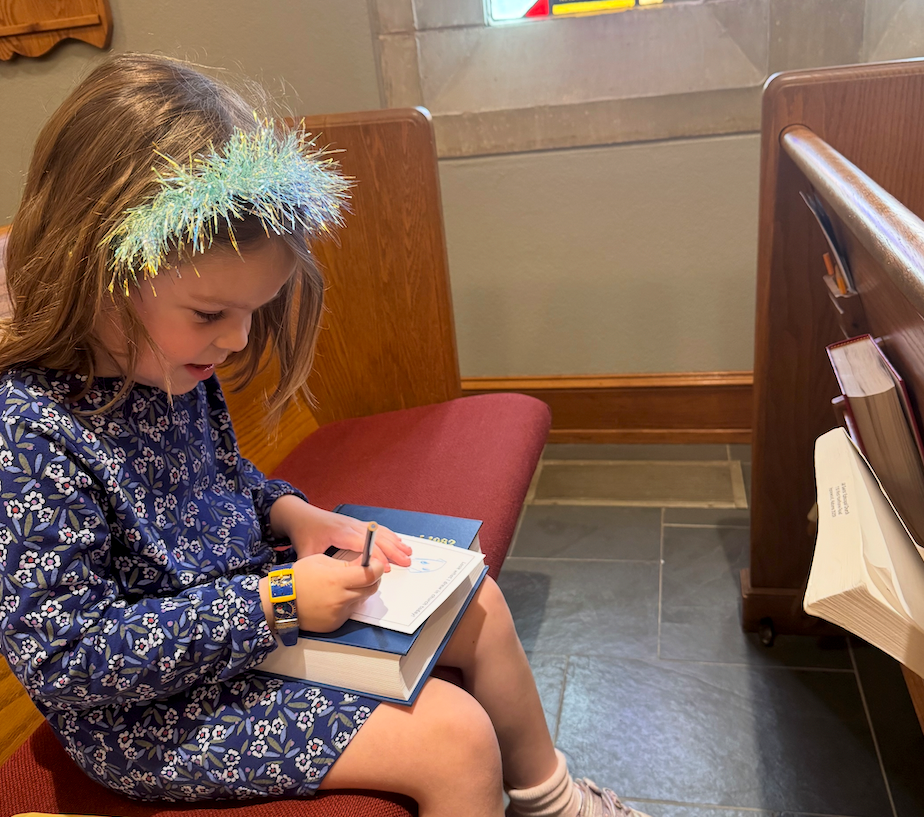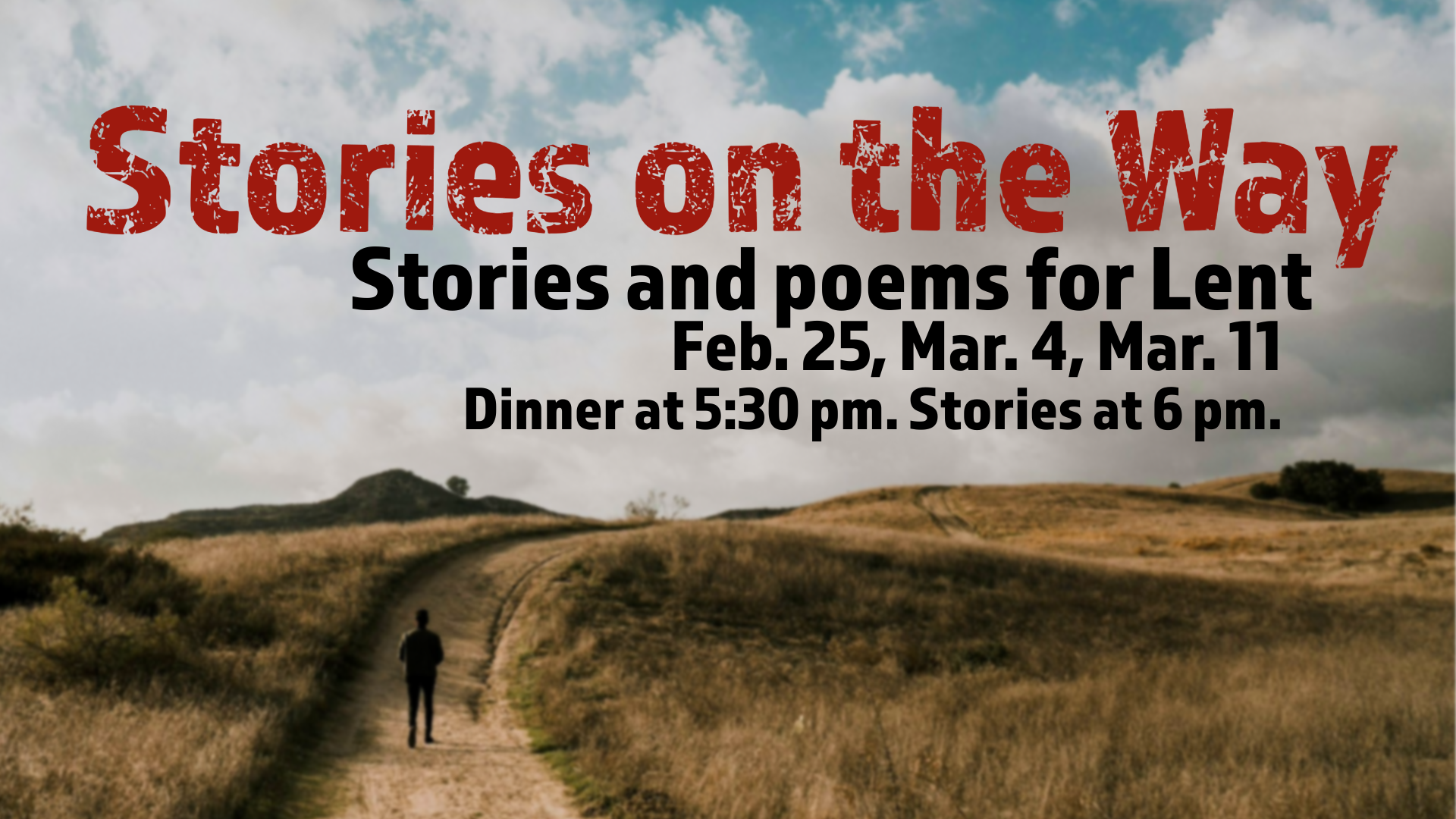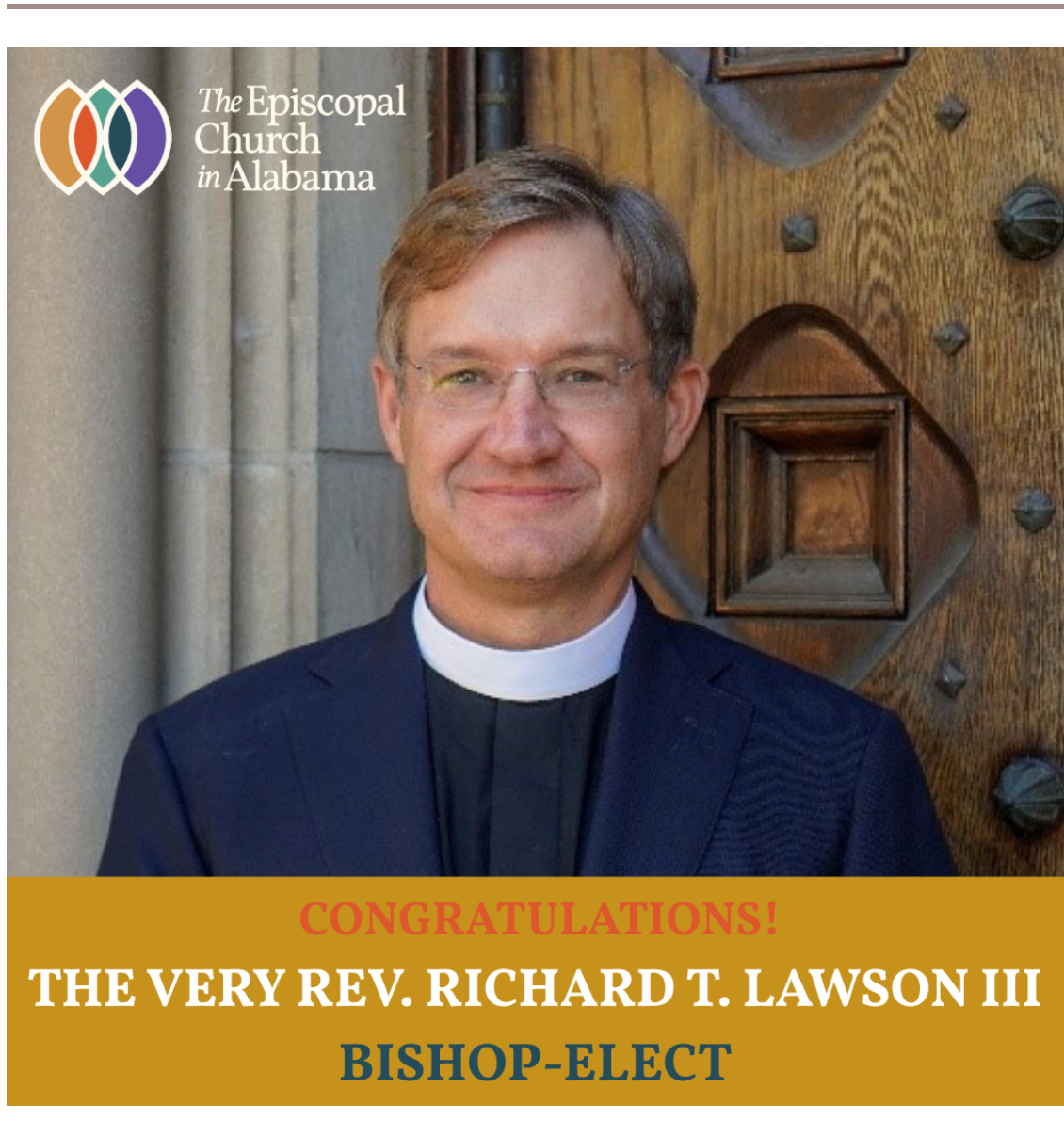Authentic
"Authentic"
Sermon by The Rev. Cindy Carter
January 28, 2024
Last Sunday’s Gospel reading told us the story of Jesus calling Andrew, Simon (later renamed Peter), James, and John as they did their fishing business on the Sea of Galilee. Jesus called them to leave their fishing boats and to become fishers for people.
Today we find Jesus, along with his followers, in the town of Capernaum, a town on the northern shore of the Sea of Galilee, which would become the center of Jesus ministry.
…when the sabbath came, (Jesus) entered the synagogue and taught.
If you’ve ever visited the ancient site of Capernaum, you know there are the remains of a synagogue there. Now, these remains are dated as a synagogue built around the 4th or 5th century. But, it has been suggested by some scholars that there is another foundation under these remains.
The foundation of perhaps a synagogue from the 1st century, perhaps the one mentioned in Mark’s Gospel. Perhaps the synagogue in which Jesus preached.
Now, I don’t know whether those remains in Capernaum are actually the exact place where Jesus preached (and scholars have disagreed). But, I do know the feeling I have had when I have been in that place. It is hard to describe, perhaps the best way to describe it is “yearning.” Being there causes me to yearn to hear Jesus preach that day.
There is something else we hear in our Gospel reading today that causes a yearning, a desire, in me.
…when the Sabbath came, (Jesus) entered the synagogue and taught. They were astounded at his teaching…they were astounded at his teaching.
So, what was it that was so astounding? What was it that Jesus said that day in the synagogue? Wouldn’t you like to know what Jesus said that was so astounding? I know I would.
But, the writer of Mark’s Gospel didn’t tell us what it was that Jesus said that day. In one of the first moments of Jesus’ public ministry, as recorded in Mark - in this moment when the gospel tells us that whatever it was that he taught simply astounded those who heard it - well, we are not told what Jesus said that day in the synagogue.
The Gospel of Mark called Jesus a “teacher” many times (13 times, if I’ve counted correctly). And, Mark used words like “astounded” and “amazed” a lot to describe the reaction of those who heard Jesus’ teaching.
But, Mark didn’t tell us much at all about what Jesus actually said when he was teaching.
In Mark, we find no “Sermon on the Mount” or other long teaching discourses as we find in the Gospel of Matthew. In Mark, we find no long parable stories, like the story of the Prodigal Son or the story of the Good Samaritan, as we find in Luke. In Mark, we find no extended teaching on the bread of life, as we find in John.
So, what does Mark tell us about Jesus?
Well, Mark tells a lot of stories about Jesus like the story of the exorcism of the man with the unclean spirit that we heard today. Some writers have called these stories of Jesus’ “deeds of power.”
If you’ve ever read the Gospel of Mark straight through, you know that these stories come fast and furious in Mark – Jesus performs an exorcism, Jesus heals Simon’s mother-in-law, Jesus cleanses a leper, heals a paralytic, restores a withered hand. And, that’s just in the first three chapters of the Gospel.
So, what is Mark trying to tell us about Jesus?
Jesus – the teacher who astounded and amazed people with his teaching. Jesus – who did deeds of power. If you have the Order of Service handy, I want you to look for a moment at today’s Gospel reading.
The reading has two “sections,” if you will. The first one described Jesus teaching in the synagogue. The second described Jesus exorcising an unclean spirit. But, the description of Jesus is the same in both sections.
Jesus taught them as one having authority. A new teaching – with authority!
You see, I think Mark was telling us that the words Jesus spoke as he taught were totally reflected in how he lived, how he ministered to those around him. Those deeds of power weren’t just parlor tricks to captivate the audience or razzle-dazzle to impress people.
No, if you knew what Jesus did, who he was, then you knew everything about what Jesus taught. Jesus’ deeds of power were part and parcel of Jesus’ teaching.
Jesus taught as one with authority. A kind of authority that everyone around him recognized. A kind of authority that grew out of the fact that Jesus’ words and Jesus’ actions matched.
Jesus was one who was completely authentic. He was credible, trustworthy, genuine, “the real deal.” I think Mark was telling us - if you want to know the words Jesus taught, then look at the deeds he performed.
Jesus just didn’t say “the kingdom of God has come near.” Jesus just didn’t say there was “good news.” No, Jesus lived the values of the Kingdom. Jesus was Good News.
Good news about a kingdom where healing, reconciliation, and forgiveness are always the operating principles and where all are loved, especially those who are poor and on the edges of society. Good news about a kingdom where people are more important than religious rules. Good news about a kingdom where little children are models for how to live and foreigners are models of faith.
In Mark’s Gospel, Jesus himself is the content of the teaching. His authority is not in particular lectures or sermons but in his particular life.
Now, I don’t think God calls us to be Jesus. And, for that I am grateful. Because, I don’t have a chance, if that is what God expects of me.
However, I do believe God calls me, calls us, to be like Jesus. To follow him, to use him as our model, to live by his teachings.
And, God calls us to be authentic, just as Jesus was authentic. To live with a kind of authority that isn’t based on how strong our verbal skills are or how much force we can bring to bear on those around us.
God calls us – as individuals and as a parish - to live lives where our words and our actions match. Not just to talk about the Good News, but to be the Good News.
Now, taking on a job like that is risky, even dangerous, because we aren’t Jesus. We are going to mess up. We are going to have moments, maybe even a whole lots of moments, where our words don’t match our actions. I don’t know about you, but I know there have been many times when “inauthentic” was a pretty good description of me.
To take on a job like that we are going to need a community around us to support us, to encourage us, to hold us accountable, and to love us even when we mess up. A community like the church when it is at its best.
At times, we will have to confess our lack of authenticity to ourselves, to each other, and to God. And, when those times occur, we can be assured that healing and reconciliation, forgiveness and love are still the operating principles of the Kingdom we call home.
I believe the world is dying to find authenticity. To find people and a place where words match actions. To be able to know what we say by looking at what we do. I believe the world is dying for Good News.
My friends, we believe that the Kingdom of God has come near. May our lives - our words and our actions – be Good News to that dying world.
AMEN.
More Announcements







